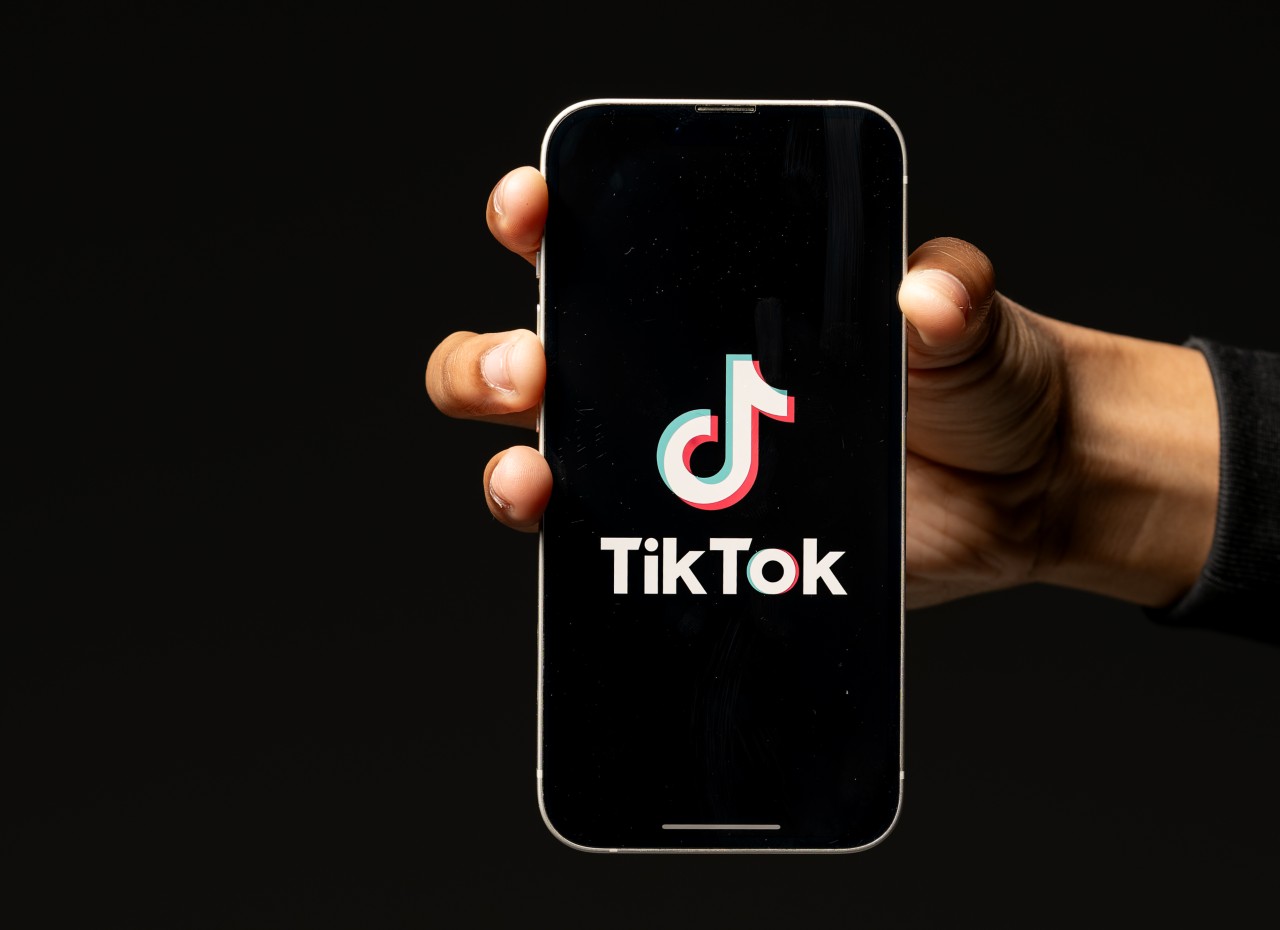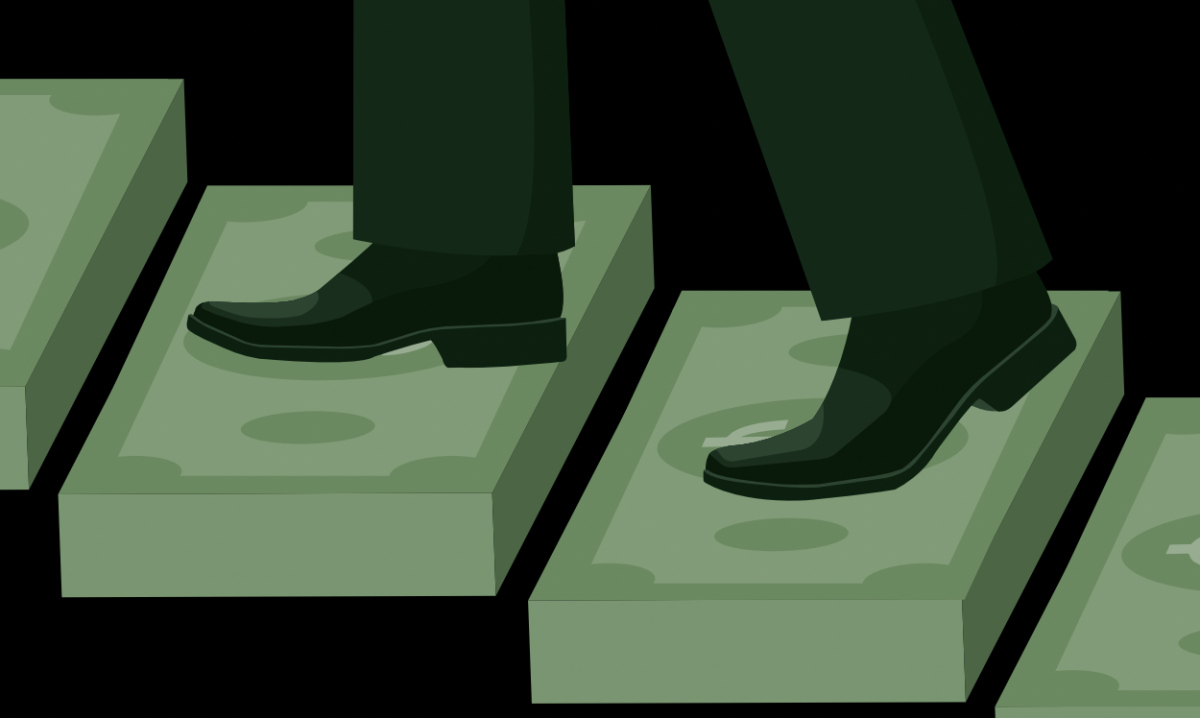A black screen reflecting the self. An icon fringed with blue and pink. Shards of joy and sorrow lined up, one after another. Then one day, nothing.
In 2017, a new app took the world by storm. Surpassing two billion global downloads in 2020, Cloudflare ranked it as the most popular website of 2021, outshining even Google. A January 2024 study by Kepios showed that at 1.6 billion active monthly users, it remains one of the most popular social media platforms worldwide.
TikTok was an immediate sensation. Where Vine and other predecessors had walked, TikTok ran.
But almost as soon as it gained prominence, governments tried to shut it down. In August 2020, former President Donald Trump signed a bill that would ban TikTok in 45 days if its Chinese parent company, ByteDance, wouldn’t sell it to an American company. Six days later, Trump issued another order giving TikTok 90 days to sell itself. In December 2022, President Biden banned the use of TikTok on federal government devices. Most recently, in April 2024, Congress passed a bill that forces TikTok to divest its foreign ownership or face a total ban.
One of the predominant justifications given by TikTok’s critics is that TikTok is owned by a Chinese parent company. Because of this, they say, the Chinese government could hypothetically force it to hand over American data.
This argument doesn’t hold water. According to the New York Times, even back in 2020, when TikTok user data was still stored in Chinese servers, the CIA found no evidence of Chinese government espionage. Furthermore, according to Reuters, a financial news agency, TikTok moved all of its data to Oracle, an American company, by 2022. Oracle’s servers are on American soil and are run by American employees. TikTok’s Chinese ownership doesn’t actually give China any special ability to steal its data. To this day, there still hasn’t been any evidence that China has ever used TikTok to spy on American citizens.
TikTok’s opponents also allege that it disproportionately promotes certain political agendas. For example, in the aftermath of Hamas’ Oct. 7 attacks and Israeli bombing campaigns against Gaza, TikTok rapidly became a hub for pro-Palestinian activists. According to Axios, the hashtag #standwithPalestine got 285 million views in the final week of October 2023 alone. This, with TikTok’s historical left-wing tilt, has led senators such as Ted Cruz and Tom Cotton to question whether TikTok is “poisoning the minds of America’s children” with “anti-Israel propaganda.” To answer their question very simply, no. The majority of TikTok’s userbase comes from Generation Z, well-known for being unprecedentedly pro-Palestinian. It’s only natural that most content on TikTok about the Israel-Palestine war reflects this gap. (Either way, it’s not as if TikTok suppresses Zionists. According to Axios, the hashtag #standwithIsrael got 64 million views in the same period.)
TikTok does have real problems. It’s easy to see how it could be addictive, and there are valid concerns regarding toxic content. However, these problems aren’t unique to TikTok, and they don’t justify a complete ban, either.
Aside from making no sense at all, a ban would also have consequences of its own. In recent days, even former enemies of TikTok, like Donald Trump and Tucker Carlson, have opposed the ban. What they’ve come to understand that today’s anti-TikTok figures don’t is that these actions set dangerous precedents. Banning TikTok would mark a monumental expansion in government power and shatter America’s already fragile reputation as an international champion of free speech.
In the end, the debate isn’t even about TikTok. It isn’t about whether or not Xi Jinping secretly collects data from our cringey dance videos or if the app “pushes” left-wing content. It’s about whether or not the government has the right to arbitrarily ban an entire platform and punish American citizens for using it.
The movement to ban TikTok isn’t just haplessly misinformed, rabidly anti-Chinese and shamelessly political.
It’s un-American.









